No one wants to raise a child in a war zone.
When we hear reports from war-torn countries like Syria, Afghanistan, and Somalia, our hearts break for parents in those countries who daily face the possibility that their child might be killed by a barrel bomb or suicide bomber.
For parents in these countries, while they hate being surrounded by war, they do their child no favors by pretending they aren’t in a war zone.
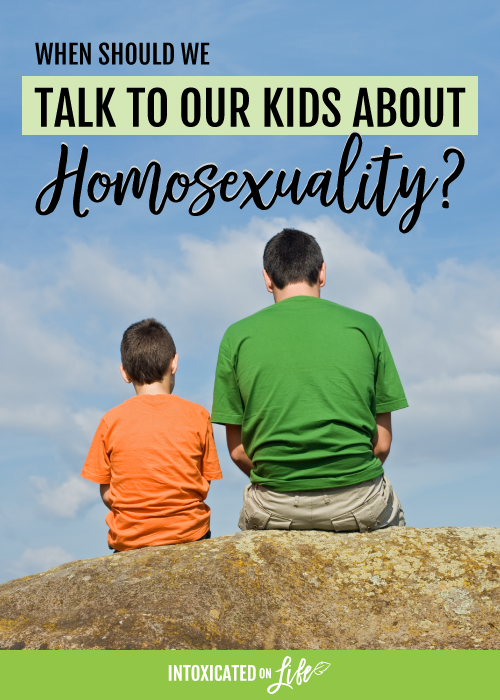
Christians today live in a cultural war zone. Every day, the guardians of culture impress their values on us and our children—values that are often contrary to those of Christ’s kingdom.
And we do our kids no favors by pretending it doesn’t exist.
No doubt one of the most acute clashes we are seeing today is over homosexuality and Christianity. It’s a polarizing and highly politicized subject today—and it’s a subject many parents don’t want to touch with a 10-foot pole.
Homosexuality and Christianity: The Culture Clash
We don’t have to look far to see the culture clash.
We see it when thousands evangelical leaders sign the Nashville Statement, taking a firm stand for traditionally biblical sexual ethics.
We see it in controversial court cases that overturn old state laws: like Obergefell v. Hodges in the U.S. (which made gay marriage legal) or India’s ruling on Section 377 (which made gay sex legal).
We see it as Christian leaders divide over the Revoice Conference which promoted terms like “gay Christians,” “sexual minorities,” and “LGBT+ Christians.”
We see it as groups like GLAAD that actively promote the inclusion or portrayals of LGBTQ characters in TV, film, music, and video games.
We live in divisive times.
And sooner or later, our kids will notice it.
Yes, Talk About It…But When?
Wise parents know homosexuality is an important subject to talk about.
But when?
There isn’t a one-size-fits-all answer to this question because there isn’t one time to have these conversations. This is a subject modern parents should ideally talk about numerous times.
In our interview with Joe Dallas of Genesis Counseling, he offered a step-by-step approach to talking to kids about homosexuality—all in the broader context of talking about human sexuality.
Dallas make a couple salient points…
- “You should have this kind of talk with your kids about 3 years before you think they’re ready to have it.” Many parents want to wait to talk about sexual subjects until their kids are “ready,” but often a parent’s barometer on “readiness” is skewed by their own anxiety or by an unfounded belief that children can’t be taught in simple, straightforward ways about sexuality.
- The goal is not one conversation but a gradual introduction. Dallas says around 5th or 6th grade most children are cognitively mature enough that we can start explaining homosexual attraction. But before this—even in the pre-school and early elementary years—there are many conversations we can have with them about God’s design for men, women, the family, and their bodies.
And Please, Don’t Be Weird About It
We interviewed Brad Hambrick, Pastor of Counseling at The Summit Church about this topic. He gives parents some wise advice about the demeanor of our conversations about homosexuality—and about sex generally.
Hambrick offers (at least) three fantastic points…
- “Start with comfortable conversations about sex.” The key here is “comfortable.” Your facial expressions, tone of voice, body language, and overall attitude should make your kids think, “My parents are the most comfortable person I can talk to about this.” The more casual and “normal” these conversations feel, the more you establish yourself as a desired source of information about sex.
- Interactions with the broader culture—from public schools to TV—are great conversation starters. As your kids notice LGBT behavior or conversation in the world, they will inevitably have questions. Proactively use those moments to teach.
- Have each and every conversation at their level. Resist the urge to tell them every thought you have on the subject. Remember: your kids just want to be able to navigate their own lives—it’s not necessary in every teachable moment to get political or give them a theological dissertation. Why? Because you aren’t just teaching them in that moment: you’re establishing a pattern to help them want to talk to you again.
Preparing Christian Kids for an LGBT World
All of this really only scratches the surface of when and with what demeanor we talk to our kids about LGBT issues. For more information, access our online training series, Preparing Christian Kids for an LGBT World: Modeling Love, Honoring Truth, Tackling Tough Questions.

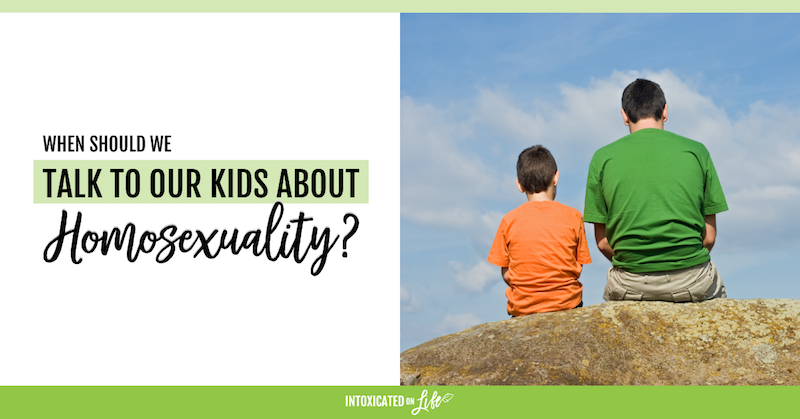
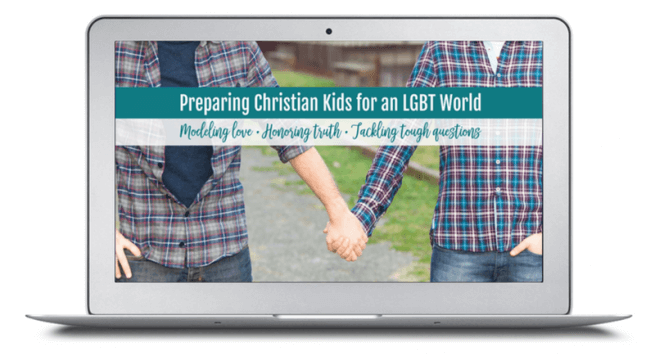
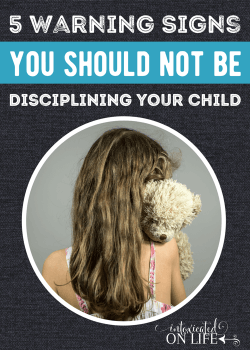

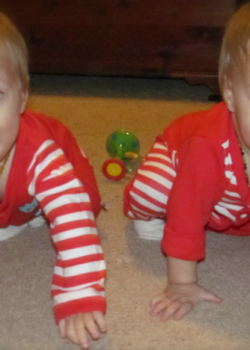






Many years ago, I lived and worked where I was one of the few “straight” people. I noticed that many gay had chosen the lifestyle out of fear of the opposite sex or because they had never been loved by their same sex parent and they were trying to get that in a same sex partner. It all seemed so sad. The gay lifestyle seemed to just treat symptoms and leave the root untouched, raw with pain. So what some people call sexual attraction, I would say is often a sexual fear or running toward what was missed in childhood. Then there is the “I will never be attractive to the opposite sex, better go with my same sex and hope it will work.” Of the people I was with, maybe 5% were really “attracted” to the same sex, all others had something else. Nice is we as Christians would help the 95% understand where real love comes from and how Christ is the healer. Of course, in the time between that and now, children have been told lies upon lies corrupting good friendship into sexual attraction.